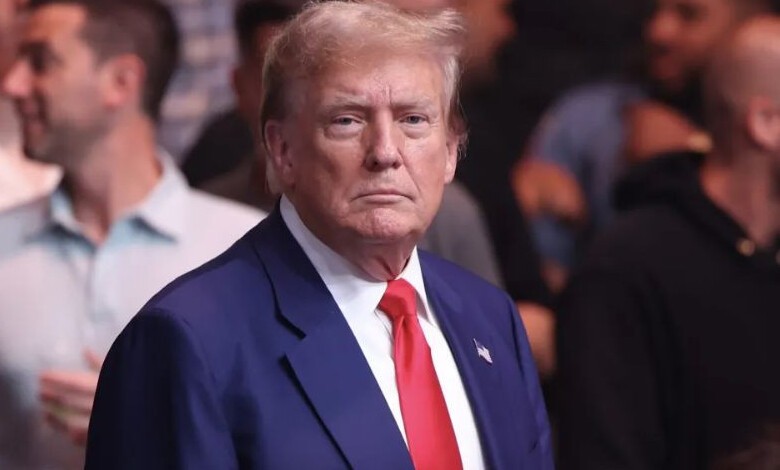European countries are increasingly inclined to support Trump’s initiative for peace talks between Ukraine and Russia

The efforts of newly elected US President Donald Trump to organize peace talks between Russia and Ukraine are gradually gaining more and more support among Kyiv’s European partners. About this informs The Wall Street Journal. At the same time, the leaders of European countries are looking for ways to settle the military conflict in the event of a reduction in US aid to Ukraine.
Discussions continue in European capitals about whether they can compensate for a possible loss of support from the US if the Trump administration cuts aid to Ukraine. It becomes clear that the need to find ways to resolve the conflict is increasingly urgent. Officials note that Russia’s position is strengthening, while Ukraine faces an increasing shortage of resources.
The rapprochement of the positions of Europe and the new US administration regarding the possibility of negotiations is significantly different from the situation six months ago, when European leaders feared that Trump might make concessions to the Kremlin, which would harm Ukraine. At the same time, there is still uncertainty in European capitals about the extent to which the US will allow Kyiv to participate in the formation of the agreement. European leaders also fear that Trump may accept unwanted concessions in order to achieve peace.
Ukrainian President Volodymyr Zelenskyi expressed hope that Trump’s firm stance on Russia could facilitate negotiations, but warned of the risks of such contacts, noting that this is what Putin has long sought — to ease Russia’s isolation and hold talks that may not yield results.
In Washington, however, they believe that due to the current situation at the front, Ukraine may find itself in a position where negotiations will become inevitable. Despite Kyiv’s official position regarding the return of all occupied territories, support for territorial compromises in exchange for peace is gradually growing in Ukrainian society. A survey by the Kyiv International Institute of Sociology in October showed that 32% of respondents are ready to make concessions, which is significantly more than 14% a year ago.
Zelensky presented his victory plan, which includes increased military aid and security guarantees for Ukraine. He emphasized that the ceasefire should not give Russia the opportunity to rearm.
At the same time, some European countries are already preparing for a potential reduction in US aid. The meeting in Budapest discussed possible plans in the event of a change in US policy after Trump comes to power. Hungarian Prime Minister Viktor Orbán supports a quick end to the war and shares Trump’s approach.
Despite the fact that most European countries continue to support Ukraine “as much as necessary”, during a meeting in Budapest, French President Emmanuel Macron and Italian Prime Minister Giorgia Maloni expressed concern about the ability of Europe to independently provide assistance to Kyiv in the event of a reduction in support from the United States .
After German Chancellor Olaf Scholz’s phone conversation with Putin, a representative of the German government said that Scholz insisted on fair negotiations. For its part, the Kremlin noted that it is ready for dialogue on the condition that new “territorial realities” are recognized.
However, the question remains as to how these negotiations can be implemented and whether Putin is ready to conduct them sincerely. Diplomats warn that potential deals, such as Ukraine’s long-term abstention from joining NATO, could create new challenges for European governments.





